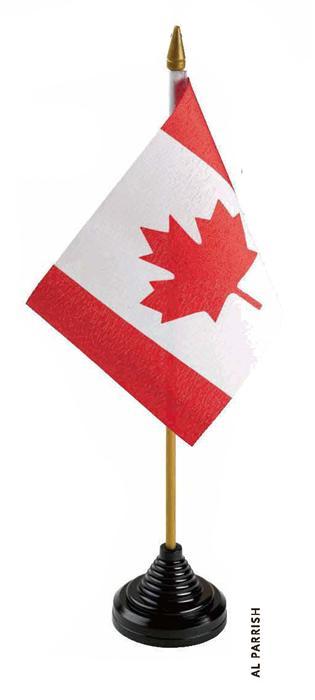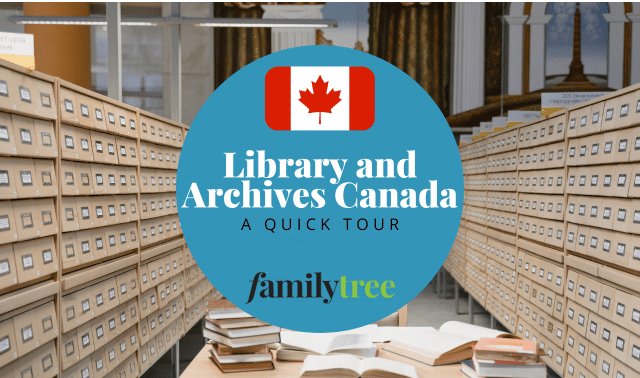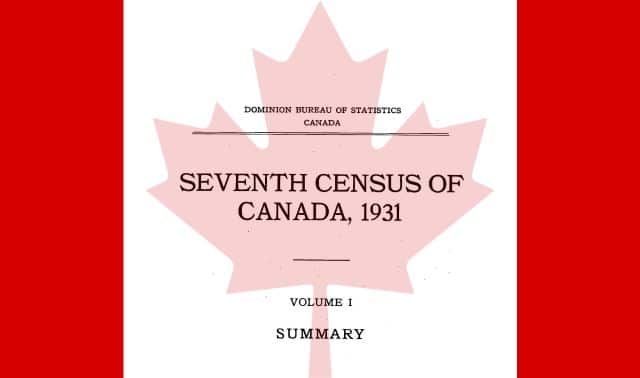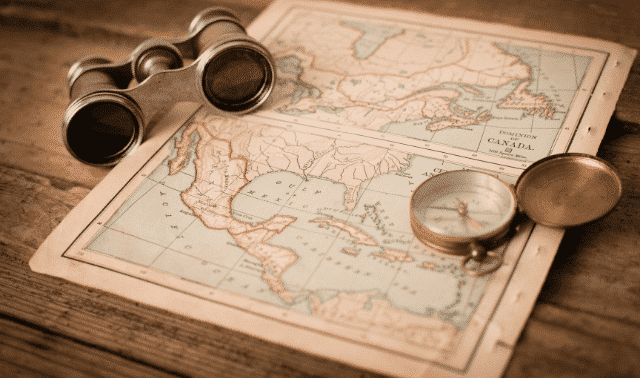Tracing your Canadian ancestors, eh? Ancestry.com <Ancestry.com > recently made your job easier. The omnipresent online database giant has created a sister subscription site specifically for denizens of the Great White North. Ancestry.ca <ancestry.ca> features Canadian censuses, vital-records indexes and finding aids. We took the new service for a spin to see if it’s worth the money.
Population logs
When you first log on to Ancestry.ca, you can begin by searching the entire Canadian collection or clicking links to key databases, such as the 1911 census, Canadian immigration records and Ontario vital records. Hit the Search tab to narrow your query by keywords and record type. Focus your search further by selecting a province from the map or database.
Because most Ancestry.ca databases have customized search forms, you’ll often get better results by searching them individually. You can choose from a list of databases containing vital records, military records, periodicals, city directories and court records. (Note: If you want to use Soundex, select the Exact Search option in the Search for Your Ancestors box.)
Ancestry.ca’s top resource is perhaps the 1911 census database, which features the first complete every-name index for all provinces (except Newfoundland, a British colony until 1949). Thanks to this index, you don’t necessarily need to know your ancestor’s province to find him in the enumeration. The census database also links to images of the original records from the Library and Archives Canada Web site. (You can access the census for free at <www.collectionscanada.ca/archivianet/1911/index-e.html>, but the site lacks a name index. Automated Genealogy <www.automatedgenealogy.com> offers a free partial index.)
One caveat: Much of the 1911 census microfilm is almost impossible to read, and the original records were destroyed after filming in 1955. In transcribing the records, Ancestry.ca’s indexers obviously had to guess at many nearly illegible names.
Given those errors, you need to utilize all Ancestry.ca’s advanced search options. For example, if you have trouble finding someone by searching on names, birth details and residence, try leaving one or more of those fields blank. Use an asterisk (*) as a wildcard substitute for up to six characters (but not the first three letters) of a word. Try the Soundex option to find alternate surname spellings. My first search on Manfred Grant produced no matches, but searching on Man * for the first name and using Soundex for the last name, I found a Manford Grent in Alberta. If these options don’t work, try looking for another relative. Or scour Ancestry.ca’s census data using Stephen P. Morse’s search tool <www.stevemorse.org/census/canada1911.html>.
In addition to the nationwide census, Ancestry.ca offers a head-of-household index to the 1871 Ontario enumeration (available free at <www.collectionscanada.ca/02/020108_e.html>) and indexes to various local censuses taken in Ontario and Nova Scotia between 1800 and 1842.
Border Patrol
If you live outside Canada, don’t worry: Ancestry.com hasn’t forgotten you. US residents can access the Canadian collections in two ways: by signing up for either Ancestry.com’s World Deluxe membership ($34.95 monthly; $299.40 annually) or Ancestry.ca’s Canada Deluxe subscription (about $13 monthly; $86 annually). Ancestry.com’s World Deluxe will get you access to the whole shebang — American, British and Canadian records. But if you need American and Canadian records only, it’s cheaper to buy yearly access to Ancestry.com’s US Deluxe collection ($179.40) and Ancestry.ca separately.
Ancestry.com’s World Deluxe members can scour all international databases by using the global search on the home page. To limit your search to Canadian sources, type a name in the Search for Your Ancestors box and select Canada from the Country Lived In pull-down menu. As with Ancestry.ca, you’ll often have better luck by narrowing the scope of your search. Click the Search tab and select Canada as the region. Then choose a province or a specific database.
Vital Statistics
Ancestry.ca
(800) 958-9073
Price: $99.95 Canadian ($86 US) annually
Biggest draws: Every-name index to 1911 census, Ontario vital-records indexes
Drawbacks: Transcription errors hamper census searchability; the same data are often free elsewhere online
Essential seeds
Besides censuses, Ancestry.ca provides indexes to 19th- and 20th-century Ontario births, marriages and deaths, as well as British Columbia births, marriages and deaths. Note: You can search the British Columbia vital-records indexes for free on the British Columbia Archives site <www.bcarchives.gov.bc.ca>. In fact, that site gives you more search options, including place and year or full date, but you can enter these terms in Ancestry.ca’s Keywords box.
The Canadian Genealogy Index (under References and Finding Aids) has 2 million-plus references to individuals from more than a thousand sources, including city directories and land records. I found mentions of my ancestors in three books — The Loyalists of New Brunswick, the New Brunswick Directory for 1871 and a tome with abstracts of New Brunswick probate records. Unfortunately, the database doesn’t include the books’ full text, but it does provide information you can use to track down the original source.
Additionally, Ancestry.ca has databases of court records pertaining to Loyalist claims, information on more than 200,000 immigrants and recent phone directories and obituaries. It also connects you to international sources, such as the Periodical Source Index and the Passenger and Immigration Lists Index (both on Ancestry.com).
Both Canadians and US residents can subscribe to Ancestry.ca (see Border Patrol, opposite page). A French-language version is in the works. As yet, Ancestry.ca has nowhere near the depth of resources its big sister Ancestry.com offers to US researchers. And you’ll likely want to try your luck with the free versions of key collections before shelling out for a subscription. But if you have Canadian ancestry, it’s at least worth taking advantage of the free 14-day trial (just remember to cancel your subscription before the trial period expires to avoid being charged). Keep your eyes peeled for new resources as Ancestry.ca grows.
From the August 2006 issue of Family Tree Magazine.





